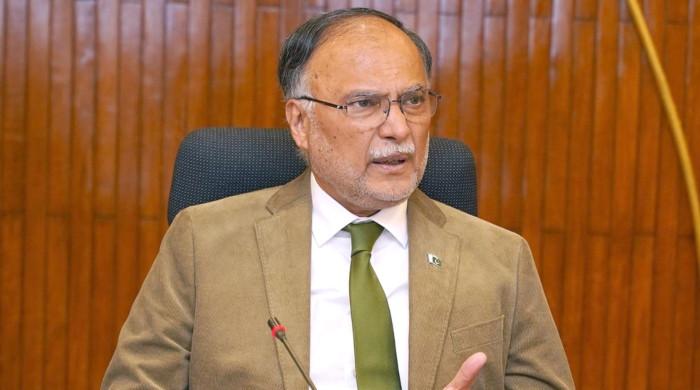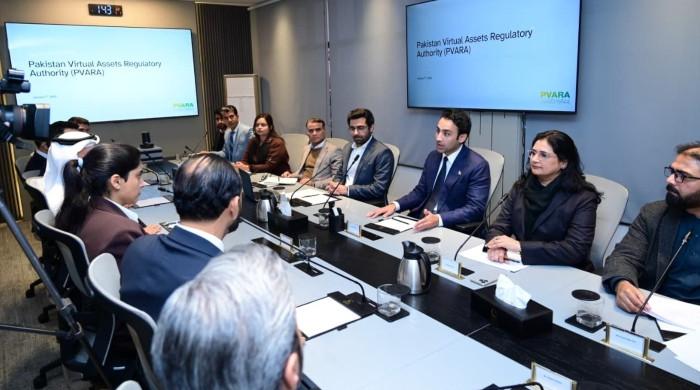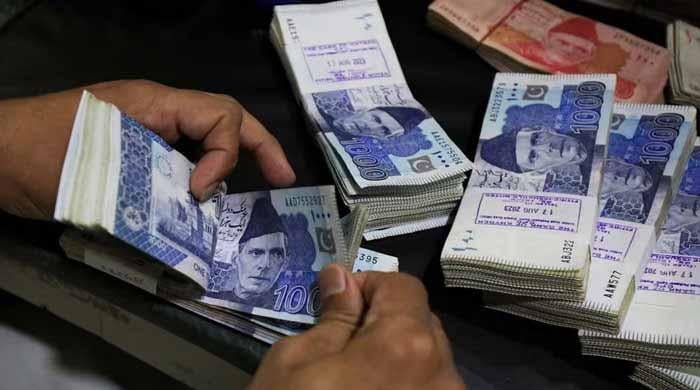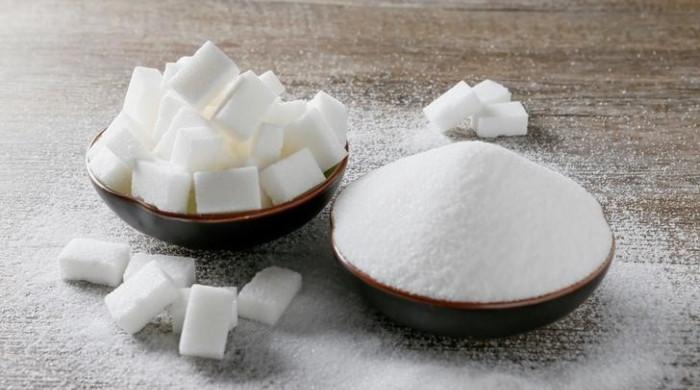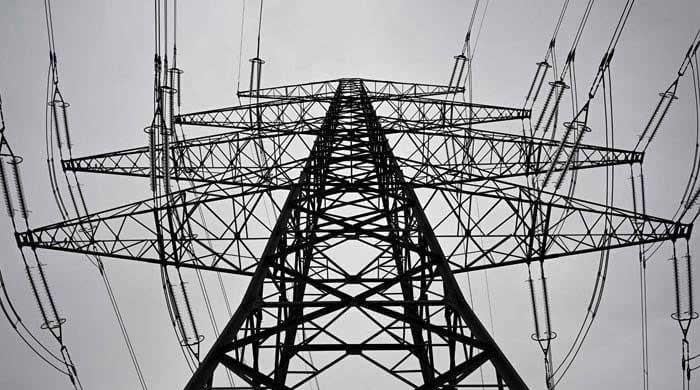US-Australia critical minerals pact against China signed amid Trump's dig at envoy
Trump greets Australian PM warmly but tells Ambassador Rudd, "I don't like you either, and I probably never will"
October 21, 2025
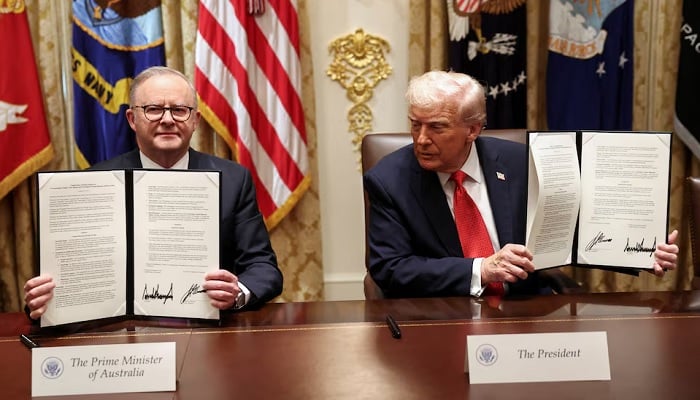
- Rare earths deal aims to counter China's supply control.
- US, Australia to invest $1 billion each in mining projects.
- Trump backs AUKUS submarine deal despite prior review.
US President Donald Trump and Australian Prime Minister Anthony Albanese signed a critical minerals agreement aimed at countering China on Monday at a meeting marked by Trump's jab at Australia's envoy to the United States over past criticism.
China loomed large at the first White House summit between Trump and Albanese, with the US president also backing a strategic nuclear-powered submarine deal with Australia to bolster security in the Indo-Pacific.
While Trump and Albanese greeted each other warmly, the US president expressed ire about past criticism of him by Australia's US ambassador Kevin Rudd, a former prime minister. Rudd in 2020 called Trump "the most destructive president in history," later deleting the comment from social media.
Trump said he was not aware of the critical comments and asked where the envoy was now. Upon seeing him across the table, Trump said, "I don't like you either, and I probably never will."
The visit otherwise appeared to go smoothly, with Albanese and Trump signing a minerals deal that Trump said had been negotiated in recent months. Albanese described it as an $8.5 billion pipeline "that we have ready to go."
A copy of the agreement, provided by the prime minister's office, said the two countries will each invest $1 billion over the next six months into mining and processing projects as well as set a minimum price floor for critical minerals, a move that Western miners have long sought.
A White House statement on the agreement added that the investments would target deposits of critical minerals worth $53 billion, although it did not provide details on which types or locations.
"In about a year from now, we'll have so much critical mineral and rare earths that you won't know what to do with them," Trump told reporters.
The White House statement further added that the US Export-Import Bank, which acts as the US government's export credit agency, is issuing seven letters of interest to fund a total of $2.2 billion for minerals projects between the two countries, although it did not provide details.
Additionally, the Pentagon plans to build a gallium refinery in Western Australia. China blocked gallium exports to the United States last December.
The United States has been looking to boost its access to critical minerals around the world as China takes steps to strengthen control over global supply.
Trade tensions between the United States and China have escalated ahead of Trump's meeting with Chinese President Xi Jinping in South Korea next week.
The term critical minerals applies to a range of minerals, including rare earths, lithium and nickel.
China has the world's largest rare earths reserves, according to US Geological Survey data, but Australia also has significant reserves. The minerals are used for products ranging from electric vehicles to aircraft engines and military radars.
Trump signals support for submarine deal
Albanese got welcome support from Trump for the A$368 billion ($239.46 billion) AUKUS agreement, reached in 2023 under then-President Joe Biden. Under the deal, Australia is to buy US nuclear-powered submarines in 2032 before building a new submarine class with Britain.
While Trump has been eager to roll back Biden-era policies, he signaled his intent to back the AUKUS submarine agreement, months after his team launched a review of the deal over concerns about the ability of the United States to meet its own submarine needs.
Navy Secretary John Phelan told the meeting the United States and Australia were working closely to improve the original AUKUS framework for all three parties "and clarify some of the ambiguity that was in the prior agreement."
Trump said these were "just minor details," adding that "there shouldn't be any more clarifications, because we're just - we're just going now full steam ahead, building."
Ahead of Monday's meeting, Australian officials emphasized that their country is paying its way under AUKUS, contributing $2 billion this year to boost production rates at US submarine shipyards, and preparing to maintain US Virginia-class submarines at its Indian Ocean naval base from 2027.
The delay of 10 months in an official meeting since Trump took office had caused some anxiety in Australia as the Pentagon urged the Australian government to increase defense spending. The two leaders met briefly on the sidelines of the United Nations General Assembly in New York last month.
The rare earths agreement came a week after US officials condemned China's expansion of rare earth export controls as a threat to global supply chains.
Resource-rich Australia, wanting to extract and process rare earths, put preferential access to its strategic reserve on the table in US trade negotiations in April.
As part of the rare earths agreement, Trump and Albanese agreed to cut permitting for mines, processing facilities and related operations to boost production.
The deal called for cooperation on the mapping of geological resources, minerals recycling and efforts to stop the sale of critical minerals assets "on national security grounds."
This was an oblique reference to China, which has bought major mining assets across the planet in the past decade, including the world's largest cobalt mine in Congo, from US-based Freeport-McMoRan FCX.N in 2016.





